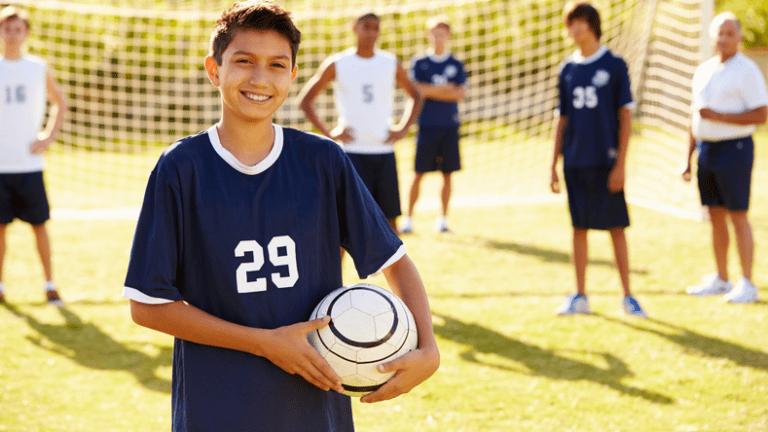Soccer, like many sports, involves a collection of movements that are performed to manipulate a ball as part of an invasion game. These manipulations of the ball are called skills; it is crucial to master a number of skills to become a solid soccer player.
Here are a few examples:
- Driven pass
- Heading
- Scissors move to beat an opponent
- Volleying the ball
- Side foot pass
- Back heel
- Chest control of the ball
The list could go on and on.
Problems arise when a coach has a group of players with parents who expect results, and a team that is set on doing whatever it takes to win. When this happens, we oftentimes don’t refine the important skills that we will use to be successful in a game.
I recently held one-on-one training for players that I primarily coach in a group setting, and the results surprised me. Because of a change of environment, various areas of need were revealed in each player. This sharpened focus on the individual showed the technical skills that need to be corrected.
The bottom line is, when you focus on the group, you miss a lot of the finer details, which is why private coaching is such a vital component of a player’s development.
Private Coaching
The best way to help a player successfully master technical skills is to allow them to practice these skills in a game-realistic scenario. Game-like scenarios are important because so many different factors affect how the player should respond, like:
- Their position on the field
- The position of the opponents
- Where the goal is
- What the score is
- Where their team mates are on the field
Therefore, if we completely isolate the skill and just practice the skill itself, it will be difficult to use in a game. However, if we can practice that skill in an environment that creates some of the factors that a player may face in a game, then they are more likely to be able to accurately apply it in a game.
Practical Example
- Isolated – a player spends two minutes striking stationery soccer balls.
- Game Related – a player must control a game realistic pass into space and strike the ball towards the goal at speed. Repeat 10 times.
The major difference is that the isolated training is a situation that is rare – players generally strike a moving ball. By adding the control of the ball and the quick strike – it becomes a realistic practice.
As a coach – you have a duty to ensure that you are helping your players to improve their skills, while training them in a way that empowers them to use them in a game!
How useful was this post?
Click on a star to rate it!
Average rating 1.5 / 5. Vote count: 2
No votes so far! Be the first to rate this post.



